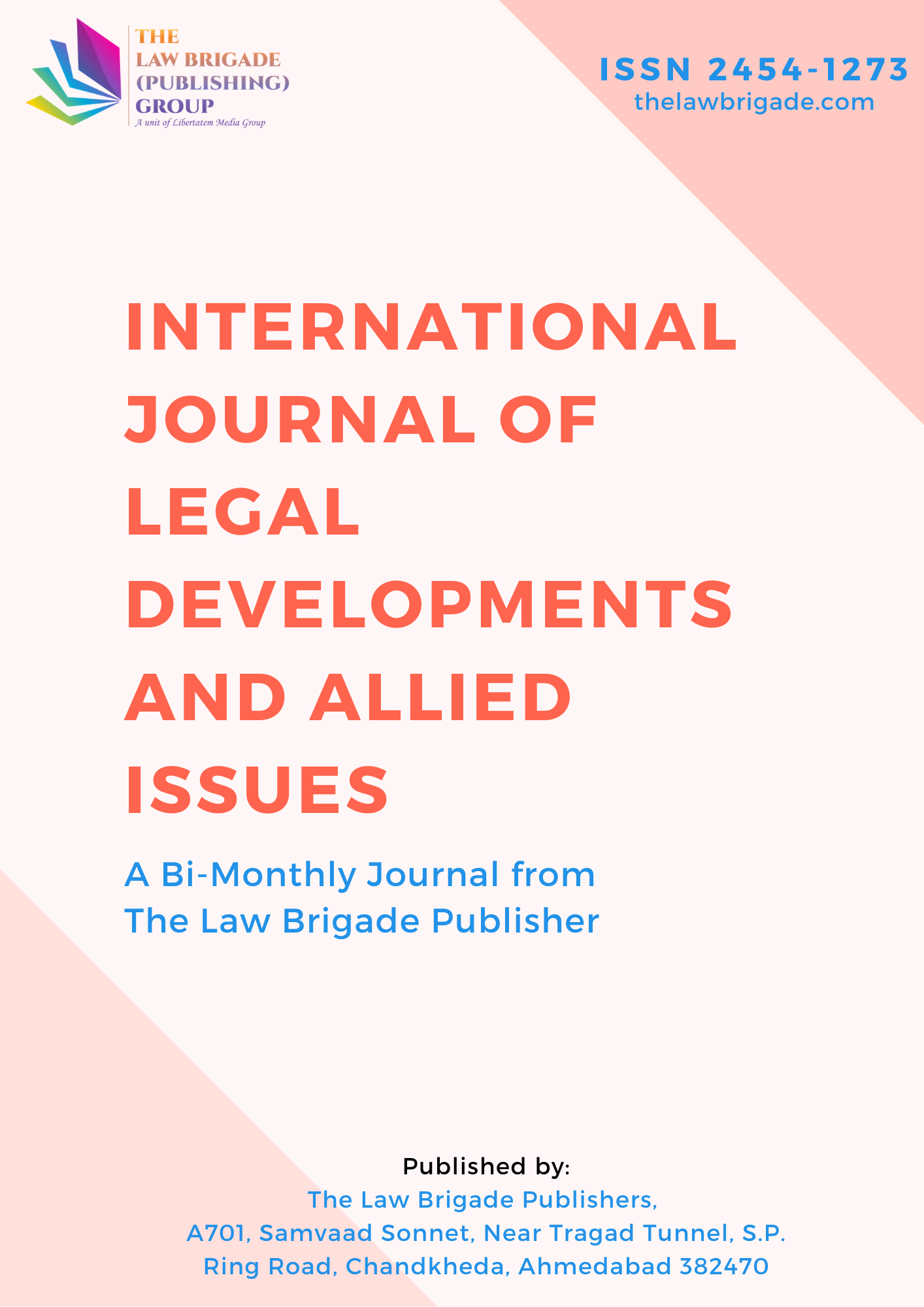In England and Wales is ten years the minimum age of criminal responsibility (MACR)[i]. It means children younger than ten will not be subject to arrest or criminal charges. In spite of this, once they reach the age of 10, they are deemed fit for illegal activity and can face trial. Children are treated differently in the criminal justice system than adults in many significant ways. Juvenile court for juveniles is where they are put to death, with varying sentences, and in some cases, they end up in special security facilities for adolescents instead of adult prisons. Individuals aged 10-17 have access to distinct features in the criminal justice system’s processes. Protecting children’s crimes is a key aspect of the process, as reporting restrictions prevent the disclosure of their names, addresses, and schools. Lord Dholakia’s evidence has raised questions concerning the appropriateness of putting young children under criminal investigation. He argues that the current view of MACR is critical and questions why children as young as ten years old should be criminally prosecuted. According to him, the fact that children can distinguish between good and bad doesn’t necessarily make them subject to the criminal justice system. This perspective will prompt debate on whether MACR should be increased to facilitate cognitive capacity and moral development phases better. Among the issues of concern, the MACR for England and Wales is one of the lowest in Europe; it has legal, social, and psychological implications for young offenders.
[i] Brown, A. and Charles, A. ‘The minimum age of criminal responsibility: the need for a holistic approach.’ (2020) 21 Youth justice, pp.153-171.





